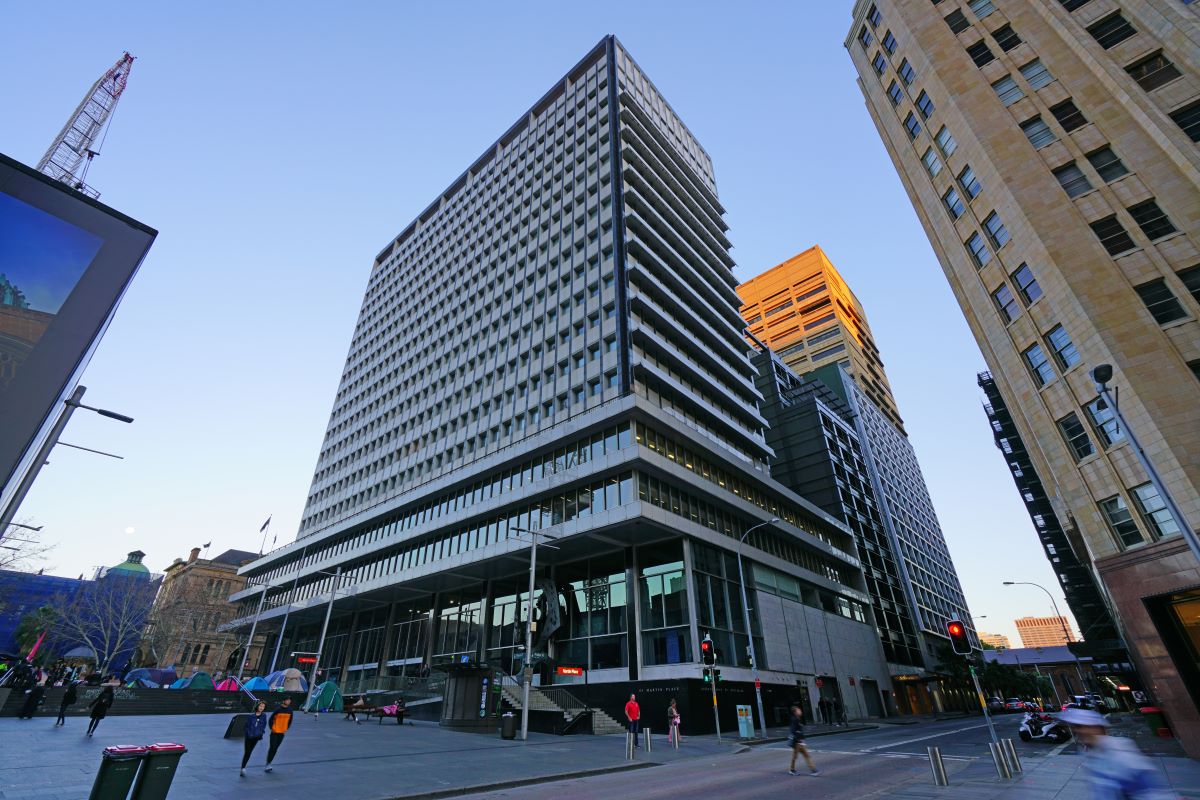Following its November policy meeting, the Reserve Bank of Australia (RBA) today increased its cash rate by 25 basis points to 4.35%, a 12-year high. This RBA rate hike decision comes after four months of steady cash rates.
The market anticipated this move after Australia’s headline inflation exceeded forecasts and came in at 5.4% for the third quarter of FY23. This is above the 2%-3% long-term inflation target set by the country. Notably, the central bank has lifted its CPI forecast for the end of 2024 to 3.5% from 3.3%.
RBA’s rate hike is in sharp contrast to other central banks in developed markets like the US, the UK, and Europe, which have decided to hold rates for now. In the immediate aftermath of the decision, there was a decrease in Australian government bond yields and a decline in the value of the Australian dollar.
Fuel prices and excessive government spending spur inflation
Australia has been grappling with high inflation for quite some time. The supply issues caused by the Russia-Ukraine war and the pandemic have pushed fuel prices higher and weighed on the nation’s economy. However, there are more factors at play.
Australian politician and acting shadow treasurer Jane Hume blamed the government for the cost-of-living crisis in the nation. She pointed to the country’s reckless spending plan and a lack of concrete strategy to tackle inflation. Treasurer of Australia, Jim Chalmers, also echoed the sentiment. He indicated that the government needs to lower its infrastructure expenditure to bring inflation under control.
Recently, the International Monetary Fund (IMF) suggested, “The Commonwealth Government and state and territory governments should implement public investment projects at a more measured and coordinated pace, given supply constraints, to alleviate inflationary pressures and support the RBA’s disinflation efforts.”
The RBA, too, is deeply concerned over the rise in inflation impacting the economy. “There are still significant uncertainties around the outlook,” warned the bank today.
Additionally, the RBA suggested that some are at an advantage due to rising house prices and growth in savings due to higher interest rates. However, it added that household consumption growth can get weaker due to high prices. Hence, the central bank now aims to bring down inflation within a ‘reasonable timeframe’.
Experts divided over further rate hikes?
As Australia’s central bank feels that inflation is likely to stay high for longer, it is keeping the chances open for further rate hikes in the future. “Whether further tightening of monetary policy is required to ensure that inflation returns to target in a reasonable timeframe will depend upon the data and the evolving assessment of risks,” states the RBA.
Interestingly, experts are divided over the prospects of rate hikes by the RBA in the near future.
Robert Carnell, the Regional Head of Research, Asia-Pacific at ING, thinks even if the next month’s inflation figure comes in higher due to base effect, the RBA will not resort to a rate hike again so soon.
He further explains, “After that, when the November and December figures are released, absent the floods and energy shortages of last year, we should see inflation resume its downward trend, which may be enough to cement the view that this was the last hike this cycle after all.”
On the contrary, Sean Langcake of Oxford Economics opines that as the RBA is too concerned with the rising inflation, it won’t stop so soon at a 25-bps hike. “The Board may opt to wait for the next set of inflation data and raise rates in February. But a strong WPI print next Wednesday will likely be enough to ensure another hike in December,” indicates Langcake.


 Australia
Australia China
China India
India Indonesia
Indonesia Japan
Japan Malaysia
Malaysia Philippines
Philippines Singapore
Singapore South Korea
South Korea Taiwan
Taiwan Thailand
Thailand Vietnam
Vietnam







